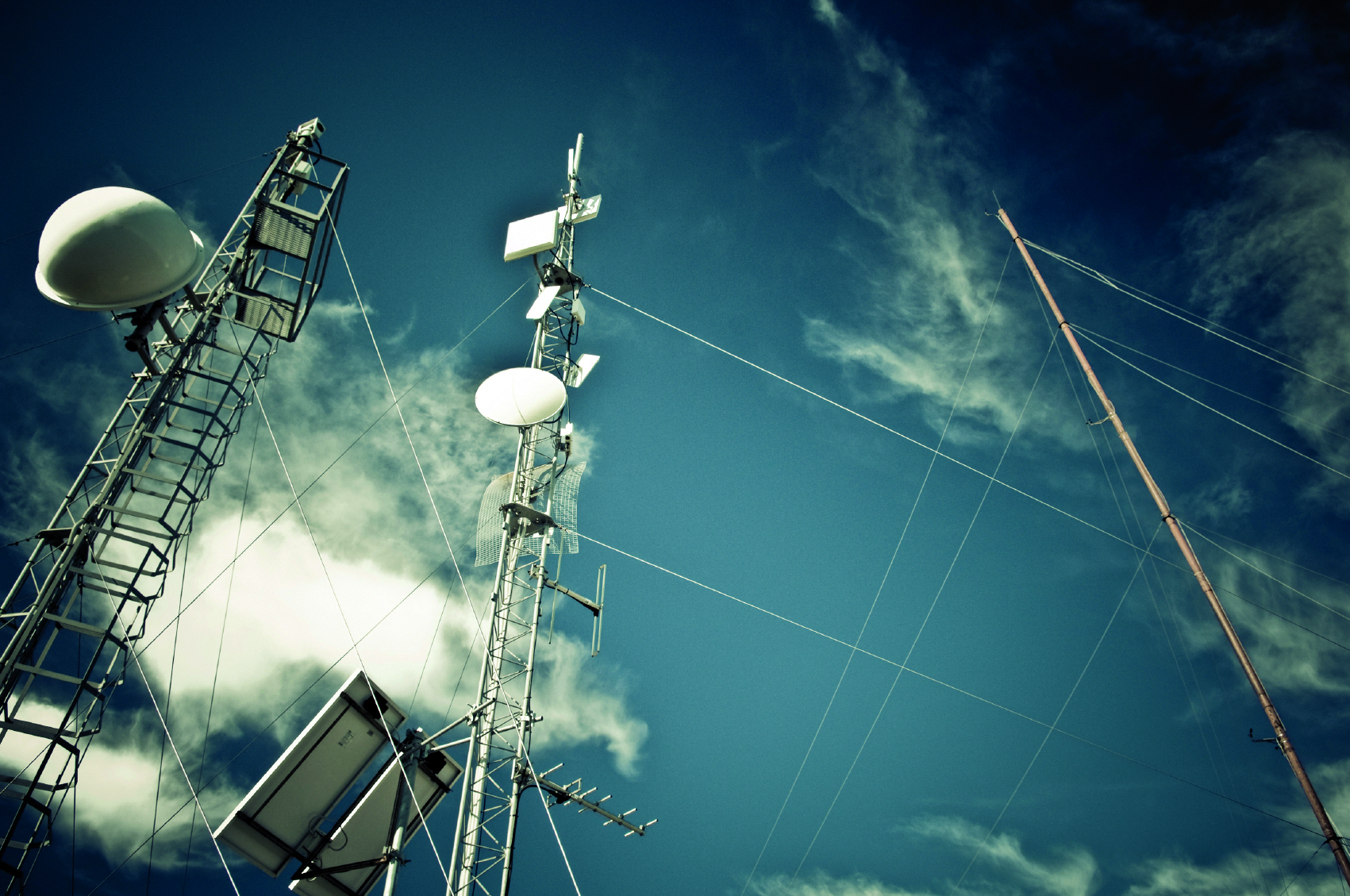The IoT (Internet of Things) is increasingly changing the way we work and live while becoming part of our daily lifestyle. Over the past few years, the IoT has gained visibility thanks to the rise of interactive fitness trackers, intelligent thermostats, and the expectation of autonomous vehicles.
These types of technologies are compelling because not only do they make the things surrounding us smarter, but they make them more interactive as well. As technology continues to evolve, we’re connecting endless objects to both the internet and each other- from laps and washing machines to wearables and more.
In the future, we can expect almost every object around us to be connected to a smart network. This will be a massive disruption for the telco industry and represents major challenges and opportunities for telco businesses.
Right now, a battle is beginning to develop between telcos and technology groups over who will be providing the services and software to enable the IoT. Right now, the market is fragmented. But companies such as Vodafone, Google, and Arm are aiming to secure the technology infrastructure which will eventually be critical for providing connections to smart devices.
Telcos have a chance to claim significant roles as the IoT develops since this involves machine-to-machine communications. The current lack of technology standards is a massive opportunity.
Most connected devices will rely on wifi or mobile networks. And while most objects will only need tiny amounts of bandwidth, they’ll also need efficient connections that are low in energy usage and cost-effective.
As the IoT changes consumers' connectivity and data demands, it’s fundamental for telcos to define a strategy that will support and enhance the next generation of smart devices. Telcos can gain a competitive advantage by differentiating their services to deliver higher value to consumers.
The Monetisation of Mobile Data
Network providers and telcos can introduce strategies to boost profits and increase data monetisation. This can be achieved by offering innovative pricing models and novel value propositions to meet customer preferences and offer increased benefits.
Forming Strategic Partnerships
Telcos will be able to form strategic partnerships, which will allow them to tap into new, lucrative markets. Soon, there will be more smart devices than smartphones, and telcos can target adjacent businesses to increase their value.
One example? BMW has recently partnered with Vodafone in the UK, offering smart car solutions. These allow customers to control a variety of functions in their cars, track their locations, and activate emergency controls using their phones.
Effective Management
The sensors in smart devices produce huge amounts of data, which the telco industry can use to enhance customer service and experience. This data allows businesses to better manage changing usage patterns in the network. Telcos can use the power of predictive analytics to avoid outages in the network during data surges.
IoT technology will also allow telcos to more effectively monitor and plan maintenance, optimise coverage and bandwidth to boost download times and increase customer satisfaction by reducing service wait times and dropped calls. This will also minimise lost revenue due to service disruption.
Business Intelligence
Telcos will be able to use business intelligence solutions for analytics, dashboards, and reporting. IoT will help improve predictive analysis, optimisation, forecasting, and data mining. This helps telcos identify market trends, improve core operations, and establish forecasts.
Business intelligence also helps with financial asset management, product development, service fulfilment, and campaign analysis.
Want to learn how we can help with effective power solutions so your business can benefit from the IoT? Get in touch today.




